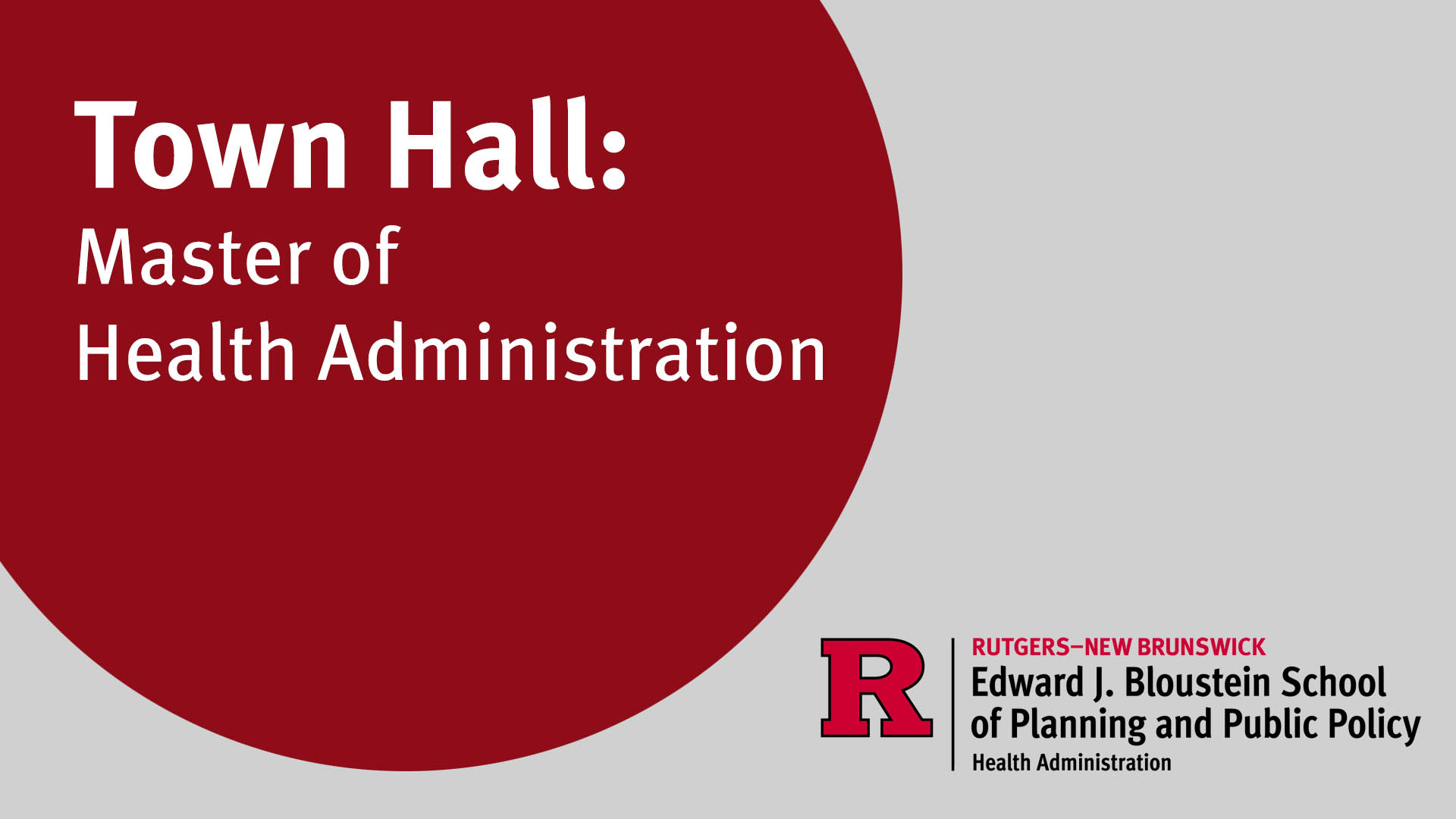If a new casino is built in northern New Jersey, the state might receive enough revenue to reduce its budget deficit “slightly,” according to a Rutgers study. Beyond that, however, no net substantial benefits are likely to be accrued by New Jerseyans; it would mostly be south-north job swap.
New Jersey’s voters will have the opportunity to pass a proposed constitutional amendment in November to build one casino in each of two northern counties, thereby ending Atlantic City’s monopoly on casino gambling enjoyed since 1976 when it was legalized. Two faculty members at the Bloustein School studied the potential economic benefits of building one machine-based casino (known as a “racino”) alongside the Meadowlands Racetrack in East Rutherford, Bergen County.
Michael Lahr, a research professor, and María Álvarez-Martínez, a former postdoctoral scholar, accounted for several popular assumptions about the proposed facility using four simulated components. Two are that customers for the new facility would come from outside the state and the state would tax its net income at a rate akin to machine-oriented (slots) facilities in Pennsylvania. Also, unlike existing casinos in New Jersey, whose taxes are designated to fund specialized social services, tax revenues from the new gaming facility would be channeled into the general fund to reduce the state’s deficit and/or debt load, the current trend among states hosting gambling operations.
“Outside of reducing the state’s budget deficit by 1.2 percent, a new casino appears to do little else for the state’s economy,” Lahr said. “Relatively few new permanent jobs would be created because gaming is the primary focus. The casino would not serve as a destination for families, and there would not be a strong need for employment in such ancillary services as hospitality, entertainment and lodging.”
The study was published in the journal Growth and Change entitled as “Gaming, States, and Tax Revenues – the Tortoise or the Hare: A CGE Comparative Assessment of Casino Resorts and Games-Only Casinos.”
Revenue from the proposed new casinos is viewed by proponents as a means to inject life into New Jersey’s lagging gaming industry, whose approximately $19 million in tax generation falls far short of the $160 million projected in a recent state budget. Their assertion that practically all the racino’s customers come from out of state – from Pennsylvania and New York – is “quite unrealistic, particularly given the racino’s proposed location near the geographic center of wealth in northern New Jersey,” the researchers said.
“More realistically,” they explain, “we find that a new gaming establishment … would clearly increase nonresident consumption and state tax revenues. But it would also likely harm the state’s existing set of casino resorts in Atlantic City as well as the sundry set of industries that support tourism there, such as food and drinking places, entertainment venues, hotels and other retail establishments.”
In a simulation that proponents of proposed casino expansion might find somewhat pessimistic, Lahr said the research assumes that the new facility would, in fact, partially substitute for the existing set of casino resorts in Atlantic City. The researchers estimate that the new casino will generate $500 million in revenue when fully operational and reduce the revenue that Atlantic City’s casino resort industry obtains from nonresidents by $250 million.
“We find that most macroeconomic benefits from the proposed casino become negligible if 50 percent of its revenues are gained at the expense of the state’s casino resorts and concomitant tourism dollars are lost,” Lahr said. “The state government’s deficit would fall by about 1.2 percent annually, assuming no new spending programs are implemented as a result of these new-found public revenues.
“Of course,” he continued, “this assumes the proposed casino actually does have net revenues of $500 million, of which only half substitutes for net revenues of the casino resorts in Atlantic City or other entertainment venues, and that all revenues for this casino come from the income of visitors to the state.”



